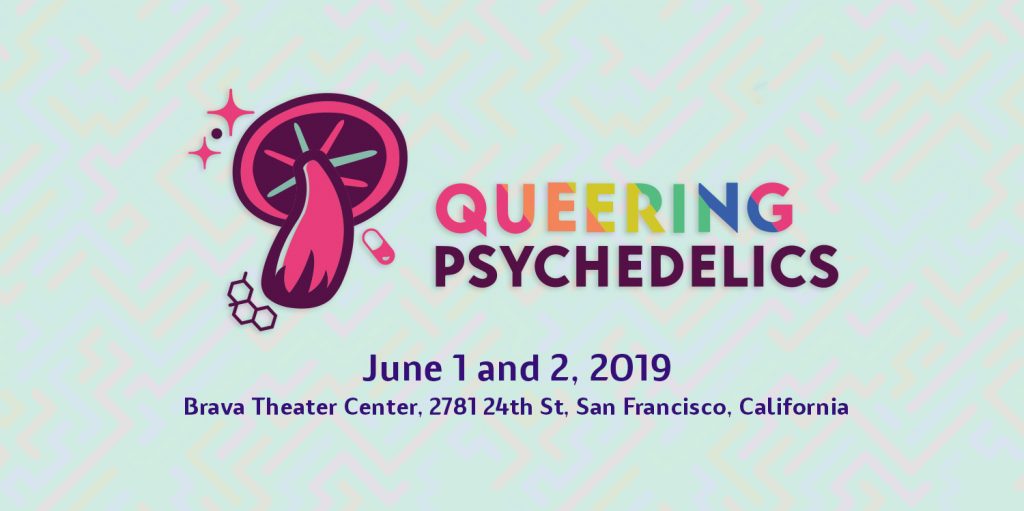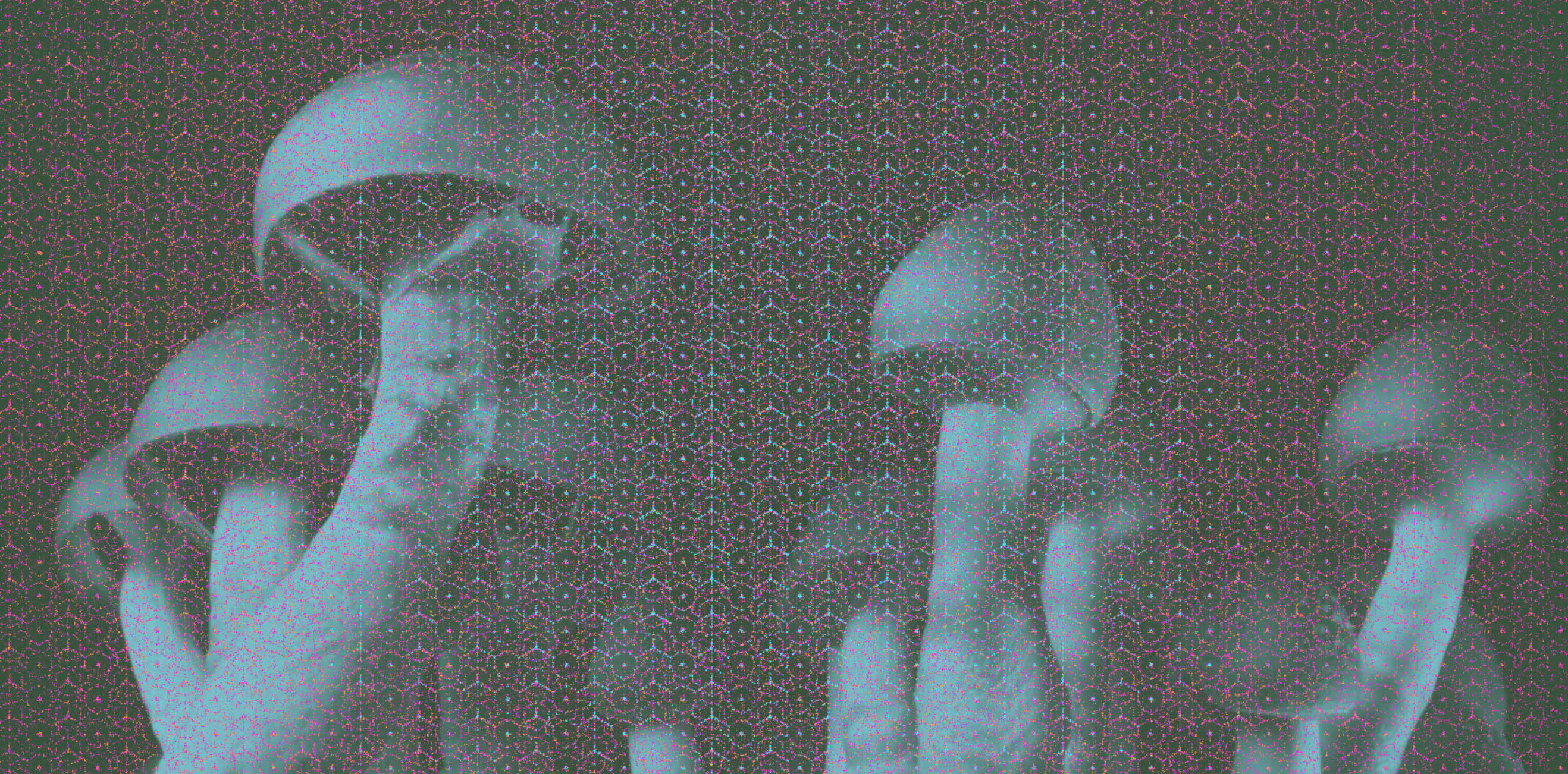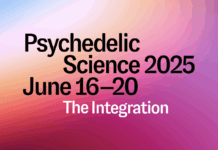- Rethinking Power, Plants, and the Future of Psychedelic Culture - May 9, 2025
- Where Is the Psychedelic Movement Headed Next? - October 15, 2024
- The FDA’s Rejection on MDMA-Assisted Therapy: What is Next for the Psychedelic Movement? - August 16, 2024
- Why Colorado’s Natural Medicine Health Act is the Right Measure to Access Natural Psychedelic Medicine: Responding to Critics of NMHA - September 18, 2022
- Psilocybin Mushroom Policy Review Panel: 2021 Comprehensive Report - November 10, 2021
- Controversies Around California’s Psychedelic Decriminalization Law Senate Bill 519 - July 29, 2021
An anthropologist, a lawyer, and a neuroscientist’s response to Michael Pollan
In an opinion piece to the New York Times commenting on Denver’s recent historic vote to decriminalize psilocybin, Michael Pollan claimed that “Debate is always a good thing, but I worry that we’re not quite ready for this one,” referring to the decriminalization of psilocybin. It’s disappointing to read such a conservative piece from somebody who has so powerfully advocated for the value of psychedelics in his influential book, “How to Change Your Mind: What the New Science of Psychedelics Teaches Us About Consciousness, Dying, Addiction, Depression, and Transcendence (Penguin Random House, 2018). In a highly polarized America, and considering the legacy of our counterproductive and discriminatory drug war, Pollan’s comments come off as overly cautious and against the trends of progress in recent years decriminalizing drugs like marijuana. Pollan seems to view the history of drug policy reform as a rational process of back and forth, stating “the history of psychedelics has been marked by periods of both irrational exuberance and equally irrational stigmatization.” However, this is inaccurate. Psychedelic drugs have been irrationally stigmatized and persecuted by governments all over the planet, despite a little period of relative liberty in a few places during the sixties. Rather than fearing that we might not be ready for legal psychedelics, we should ask whether we are ready to stay the current course that demonizes helpful medicines and glorifies alcohol and several prescription drugs.
As a matter of fact, underground psilocybin mushroom use is part of American culture as well
Pollan suggests that more scientific research on psychedelics is needed prior to a public debate on decriminalizing these substances, stating: “I look forward to the day when psychedelic medicines like psilocybin, having proven their safety and efficacy in F.D.A.-approved trials, will take their legal place in society.” Yet, in the same piece, he acknowledges that there is no overdose potential or proclivity for abuse of psilocybin. The nearly 40 states that have legalized some form of cannabis have not waited to the end of clinical trials and the sky has not fallen in those states. In any event, Pollan misses the fact that Denver’s decriminalization of psilocybin initiative does not provide unfettered access to the drug; it merely stops people from being put behind bars for consuming a naturally occurring substance. The voters of Denver have yet again shown strong leadership and said they are tired of anyone being put in prison for a natural, non-addictive substance.
the potential of a small minority of users to have bad experiences is not a reason to criminalize the vast majority of users who consume these substances safely and privately.

Come join us in Queering Psychedelics! Buy tickets here
Pollan seems to believe that Native people, who “know about these things,” and treat them “with deliberateness and care,” are somehow superior, or the only ones equipped to handle these substances. While Pollan’s points about ensuring safe use are important harm reduction concepts, and it is true that people self-medicating without guidance or using psilocybin “recreationally” can be disorienting, it ignores the fact that, in the United States there is already a widespread culture of psychedelic drug use that, for the most part, follows reasonable guidelines already. As a matter of fact, underground psilocybin mushroom use is part of American culture as well. For example, one does not need to be a Native person to know you shouldn’t be driving a car on magic mushrooms. Moreover, the potential of a small minority of users to have bad experiences is not a reason to criminalize the vast majority of users who consume these substances safely and privately.
Should we tell all the indigenous and mestizo people that have been consuming psilocybin mushrooms and ayahuasca for centuries that the FDA has not proven its efficacy and therefore they must be careful?
Importantly, indigenous people in Mexico and elsewhere have used psilocybin for hundreds of years, and this is not dependent on clinical trials conducted in the USA with a few participants in a highly artificial scenario. Should we tell all the indigenous and mestizo people that have been consuming psilocybin mushrooms and ayahuasca for centuries that the FDA has not proven its efficacy and therefore they must be careful? What about reaching out to the Huichol people in Mexico to inform them that they are partaking in risky activities when they embark on their spiritual journeys to Wirikuta to collect peyote? Or perhaps we should share with Bwiti practitioners who consume iboga in places like Gabon and Cameroon our concerns about the premature discussion on the “legislation of psychedelics?”
Brazil’s organic process of authorizing ayahuasca use is a good example of how other countries have allowed non-indigenous people to consume psychedelic substances. Ayahuasca is a “cousin” to psilocybin mushrooms; and contains a psychedelic substance called DMT. DMT is in the same Schedule 1 family. A recent study showed that 567,000 people tried ayahuasca at least once in their life in ritual contexts, especially among the Brazilian ayahuasca religions—also known as the Santo Daime, the União do Vegetal, and the Barquinha. This legal accommodation of religious practices involving a psychedelic drug is the result of a debate over 25 years. The policy was created through collaboration between government, scientists, and religious representatives. Brazil did not run clinical trials to come up with the set of rules that regulate the use of ayahuasca. Other Latin American countries have welcomed outsiders to consume psychedelics ayahuasca and ibogaine with only a handful of reports of negative incidents. In sum, clinical trials are not necessarily the only path to allow broad public access to a psychedelic substance.
There is much more that could be said about clinical trials, but we do not have space here. Just a short reminder: Alcohol and tobacco did not have to go through them. Statistically-sound clinical trials were introduced in the 1940s to ensure the safety and efficacy of new drugs and treatments. This is, of course, not the case with psilocybin or ayahuasca. Epidemiology, or the collective human experience of consumers of these substances, simply trumps clinical trials.
No one seriously engaged in the current psychedelic reform movement would claim that we should regulate things without any restrictions, or that regulation of psychedelics is easy, or that psychedelics have no risks.
No one seriously engaged in the current psychedelic reform movement would claim that we should regulate things without any restrictions, or that regulation of psychedelics is easy, or that psychedelics have no risks. There are risks to consuming any drug and, of course, some rules will eventually need to be developed. However, if you substitute the word “alcohol” in Pollan’s quote about the risks of psilocybin, the statement seems rather unremarkable: “Someone on a high dose of alcohol [psilocybin] is apt to have badly impaired judgment and, unsupervised, can do something reckless.” Does this mean that we should criminalize alcohol? No. Does this means that we should only decriminalize alcohol but not legalize it? No.
The discussion on regulation of psychedelics obviously involves discussing set and setting, mechanisms of screening, interaction with other medicines, and so forth. Psychedelic drugs, like sex or radical sports, are wonderful when done right, but scary when performed recklessly. Imagine if scuba diving or paragliding were illegal. It would be difficult to get proper instruction and support. People would be on their own. Transform Drug Policy, the Drug Policy Alliance, and the Chacruna Institute for Psychedelic Plant Medicines, among others, have published meaningful pieces on this topic.
Pollan also states: “It would be a shame if the public is pushed to make premature decisions about psychedelics before the researchers have completed their work.” Pollan appears to prefer to wait for FDA approval, and regulate medical use of psilocybin only, and not try to regulate recreational use for an unknown period of time. However, being in favor of medical use only in the short term in fact suggests the opposite: that now is exactly the time to start talking about broader legalization efforts. Wether Pollan wants it to happen or not, Oregon is in the process of putting a statewide regulatory model for psilocybin in front of voters in 2020. Similarly, organizers of the Denver initiative have said they strongly considering taking the measure statewide in 2020. Therefore, now is exactly the time to have this discussion.
The United States led the world by encouraging the criminalization of drug use for nearly 50 years, and now, remarkably, it is leading the world in unwinding the cruel and byzantine War on Drugs. Voters, experts, law enforcement, medical professionals, and policy makers need to have conversations about the right model to regulate psychedelics. There are many legitimate models, whether medicalized in some way, or perhaps requiring people to get a license (like a driver’s license with standards of eligibility and educational requirements), which could be revoked if the individual commits a crime or harms others while on the substance. There are serious concerns regarding the current unregulated, underground, and potentially uneducated use of psychedelics. For many people, the freedom to control what they put in their bodies without government interference is of paramount significance. The voters of Denver deserve a hearty congratulations from all who care about ending the War on Drugs and advancing cognitive liberty interests. Rather than tepid caution, we give our enthusiastic applause to this historic decriminalization of psychedelic mushrooms.
Art by Karina Alvarez.
Take a minute to browse our stock:
Did you enjoy reading this article?
Please support Chacruna's work by donating to us. We are an independent organization and we offer free education and advocacy for psychedelic plant medicines. We are a team of dedicated volunteers!
Can you help Chacruna advance cultural understanding around these substances?














